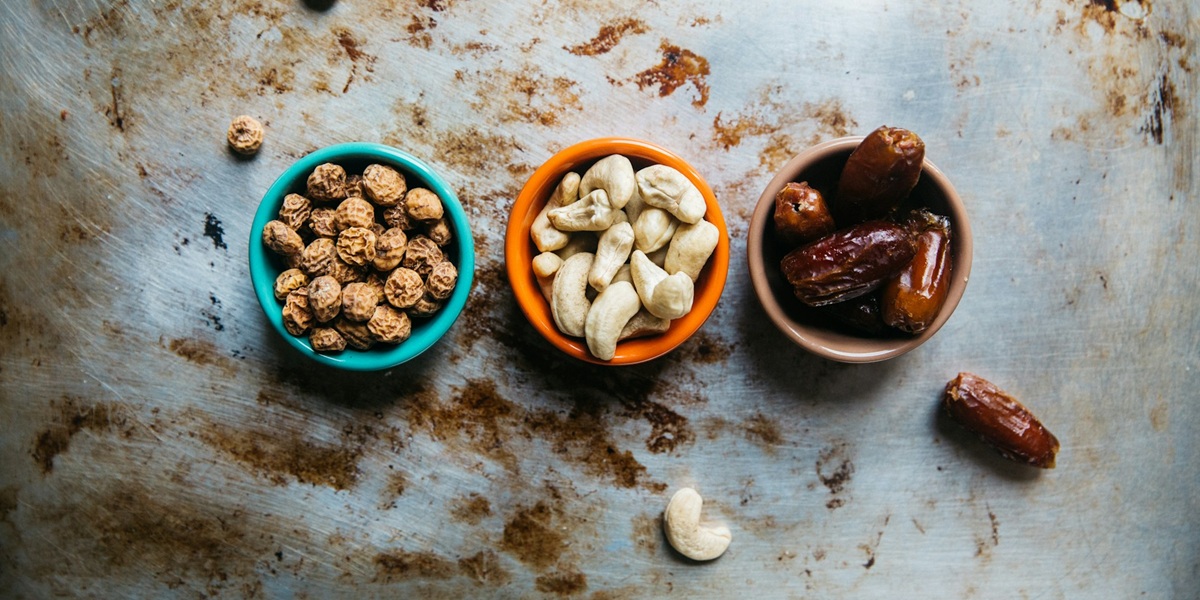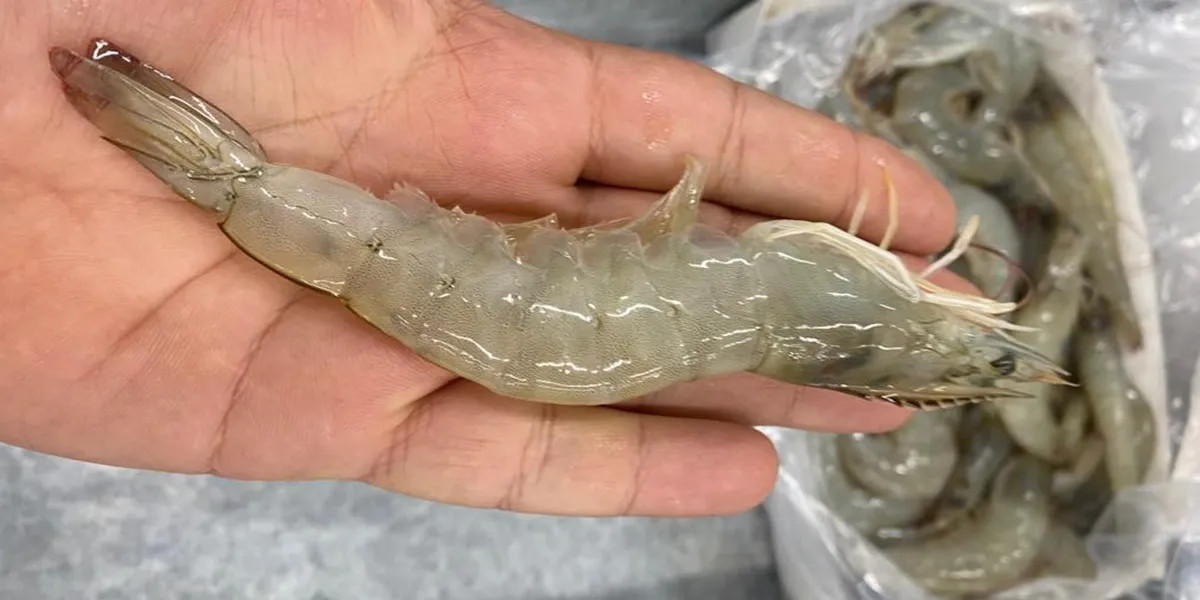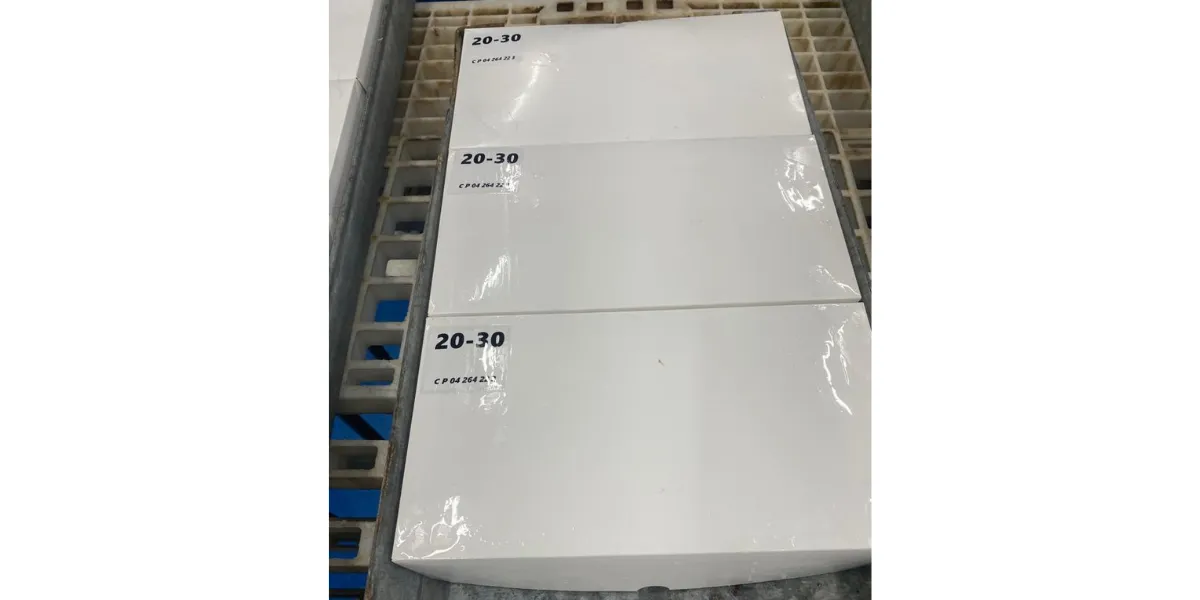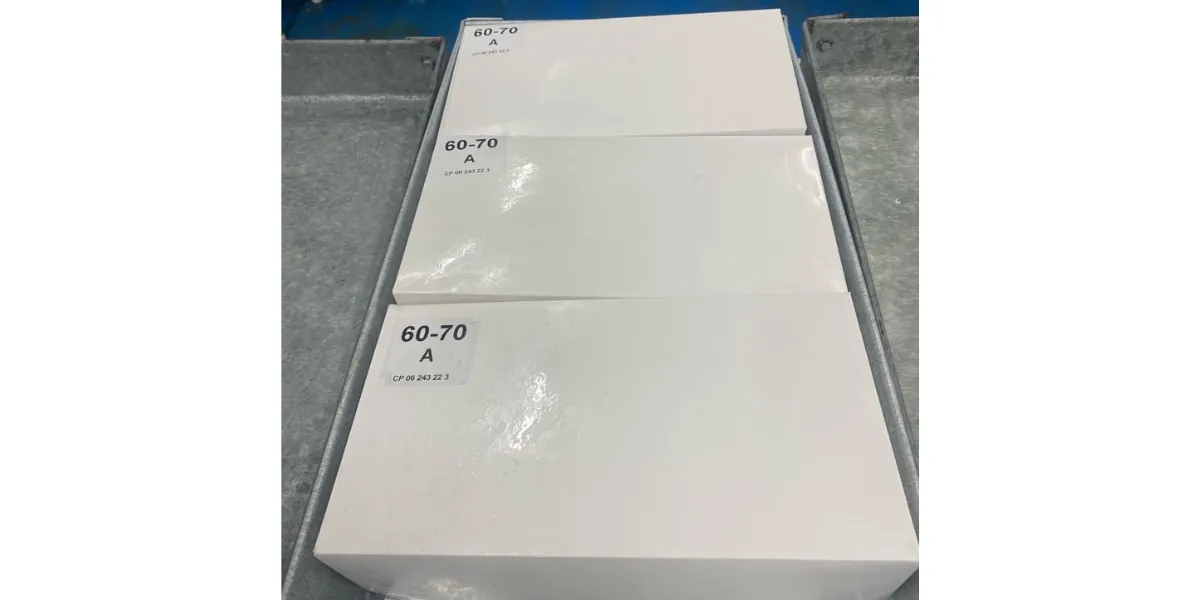Imagine biting into a soft, caramel-like fruit packed with natural sweetness and nutrients. That’s the magic of dates. These ancient fruits have been a staple in Middle Eastern and North African diets for thousands of years, offering not just flavor but a powerhouse of health benefits. Among the many date varieties, Iranian dates and Medjool dates stand out as two of the most popular choices.
Iranian dates are known for their incredible variety, each with unique textures and flavors. From the juicy Mazafati to the chewy Piarom, they offer something for every preference. On the other hand, Medjool dates, often called the “King of Dates,” are famous for their large size, rich caramel flavor, and soft texture.
But which one should you choose? What are the differences in taste, texture, and nutritional value? And how do these dates impact your health? In this guide, we’ll break down everything you need to know. Whether you’re looking for the best date for snacking, cooking, or health benefits, this article has you covered. Keep reading to discover the perfect date for your needs!
Iranian Dates vs. Medjool Dates: What Sets Them Apart?
Iranian dates and Medjool dates differ in many ways, from their origin and cultivation to their taste and texture. Iranian dates are widely grown in various regions of Iran, making them one of the most diverse categories of dates in the world. The country produces multiple varieties, including Mazafati, Piarom, Sayer, and Kabkab, each with distinct characteristics.
Medjool dates, on the other hand, originate from Morocco but are now widely cultivated in the U.S., Israel, and Jordan. They are known for their large size, soft texture, and naturally high sugar content. Their flavor is often compared to caramel or brown sugar, making them a favorite for desserts and snacks.
One key difference is moisture content. Iranian dates come in both soft and semi-dry varieties, while Medjool dates are always soft. This makes Medjool dates incredibly rich and indulgent, while Iranian dates offer a wider range of textures to suit different culinary uses.
Another major distinction is appearance. Medjool dates are larger, plumper, and have a wrinkled yet glossy skin. Iranian dates vary significantly in size and shape depending on the variety—some are elongated and chewy, while others are round and juicy.
Exploring the Unique Varieties of Iranian Dates
Iranian dates are famous for their diversity, offering multiple flavors, textures, and moisture levels. Some of the most well-known varieties include:
Mazafati Dates
Mazafati dates are among the juiciest and most popular Iranian dates. They have a deep brown to black color, soft texture, and a rich, caramel-like flavor. With their high moisture content, they are perfect for snacking and fresh consumption.
Piarom Dates
Known as one of the most luxurious Iranian dates, Piarom dates are semi-dry, elongated, and naturally low in sugar. They have a dark brown color and a nutty, toffee-like taste, making them a top choice for health-conscious consumers.
Sayer Dates
Sayer dates are semi-dry and widely used for export due to their long shelf life. They have a balanced sweetness and firm texture, making them great for industrial food production.
Kabkab Dates
Kabkab dates are soft, juicy, and incredibly sweet. They have a golden-brown hue and a fibrous texture, often used in syrups and baked goods.
Zahedi Dates
Zahedi dates are small, golden, and chewy with a mild sweetness. Their semi-dry nature makes them ideal for those who prefer less sugary options.
Each of these varieties offers a unique taste and texture, catering to different preferences and culinary needs.
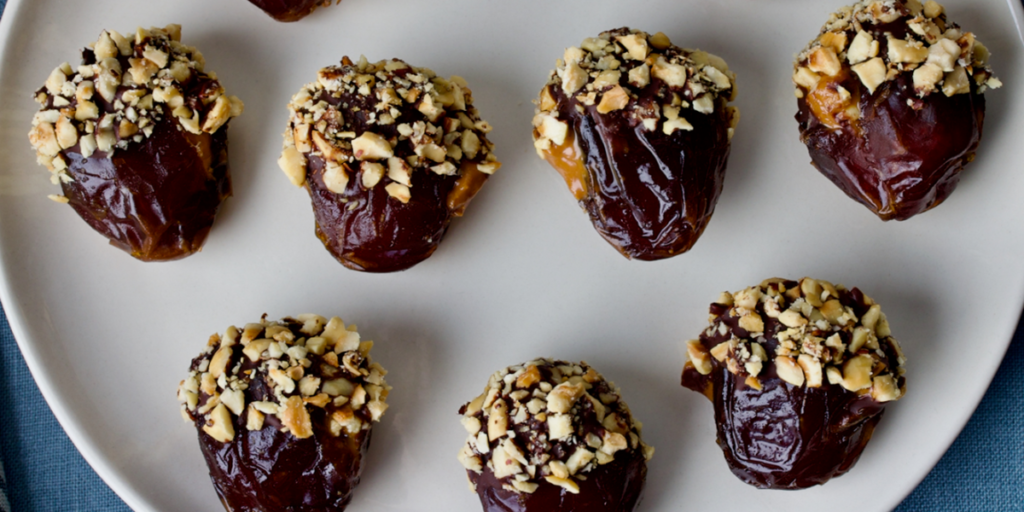
Medjool Dates: Why Are They Called the “King of Dates”?
Medjool dates are often referred to as the “King of Dates” due to their exceptional size, luxurious softness, and intensely sweet flavor. Unlike Iranian dates, which come in different moisture levels, Medjool dates are always soft and rich, making them a premium choice worldwide.
One reason for Medjool’s unique texture and taste is its high moisture content. This gives it a succulent, melt-in-your-mouth feel, much like a natural caramel candy. The high natural sugar concentration also makes them one of the sweetest date varieties, ideal for eating fresh or adding to desserts.
Medjool dates are rich in fiber, potassium, and antioxidants. They provide a quick energy boost, making them a favorite among athletes and fitness enthusiasts. Unlike dried fruits, Medjool dates retain their soft, plump texture even after storage, making them a luxurious snacking option.
Whether eaten alone, blended into smoothies, or used as a natural sweetener, Medjool dates bring a distinctive richness that few other varieties can match.
Nutritional Benefits: Which Date is Healthier?
Both Iranian dates and Medjool dates are packed with essential nutrients, making them a great addition to a balanced diet. However, there are some key differences:
- Sugar Content: Medjool dates contain more natural sugars, making them sweeter but also higher on the glycemic index. Iranian dates, depending on the variety, have a more balanced sugar profile, especially semi-dry types like Piarom.
- Fiber: Both types are excellent sources of fiber, but Medjool dates contain slightly more soluble fiber, which helps digestion and regulates blood sugar levels.
- Minerals: Iranian dates, particularly Piarom and Zahedi, are rich in potassium, magnesium, and iron, making them ideal for heart health and preventing anemia.
- Antioxidants: Both varieties offer powerful antioxidants, but Iranian dates like Piarom have higher polyphenol content, known for reducing inflammation and promoting overall well-being.
Overall, both Medjool and Iranian dates offer exceptional health benefits, but if you’re looking for a lower-sugar, fiber-rich option, semi-dry Iranian dates might be the better choice.
How to Use Iranian and Medjool Dates in Your Diet
Both Iranian and Medjool dates are versatile and can be used in various culinary applications:
- Snacking: Medjool dates are perfect for eating fresh due to their soft texture, while Iranian dates like Mazafati are great for direct consumption.
- Smoothies & Energy Bars: Medjool dates provide natural sweetness and thickness, making them an excellent choice for blending.
- Baking & Cooking: Iranian dates, especially Kabkab and Sayer, are commonly used in desserts, pastries, and stews.
- Stuffed Delicacies: Both types can be stuffed with nuts, cheese, or chocolate for a gourmet treat.
- Natural Sweeteners: Both Iranian and Medjool dates can be blended into date paste for a healthier alternative to sugar.
Texture and Moisture Content: Why It Matters in Dates
Texture plays a crucial role in how dates are consumed, stored, and used in recipes. The primary difference between Iranian dates and Medjool dates lies in their moisture content. Iranian dates come in soft, semi-dry, and dry varieties, offering a range of textures suitable for different culinary applications. Medjool dates, on the other hand, are always soft and moist, making them a premium choice for fresh consumption.
Mazafati dates, one of the most famous Iranian varieties, have a high moisture content, making them juicy, tender, and delicate. They require refrigeration to maintain freshness. In contrast, semi-dry varieties like Piarom or Sayer have a chewy, firm texture, allowing them to be stored for long periods without refrigeration. Dry dates, such as Zahedi, are the most resilient and long-lasting, often used in industrial food production.
Medjool dates stand out because of their succulent, almost creamy texture. The high moisture level makes them feel luxuriously soft, with a melt-in-the-mouth consistency. This is why Medjool dates are often eaten fresh or stuffed with nuts and cheese. However, their higher moisture content also means they are more perishable than many Iranian dates.
For those who prefer a chewy, dense texture, semi-dry Iranian dates like Piarom are an excellent alternative. If you enjoy soft, creamy bites, Medjool or Mazafati dates are ideal. The moisture content affects not just the taste but also storage conditions, shelf life, and the best ways to use dates in recipes. Whether you want a date for snacking, baking, or cooking, understanding texture differences helps in making the right choice.
Which Date is Best for Digestion and Gut Health?
Both Iranian dates and Medjool dates are rich in fiber, making them excellent for digestive health. Fiber is essential for maintaining gut motility, preventing constipation, and supporting healthy gut bacteria. However, the fiber content and type differ between date varieties.
Medjool dates contain more soluble fiber, which helps in regulating blood sugar and softening stools. This makes them particularly beneficial for people with slow digestion or mild constipation. Soluble fiber also feeds beneficial gut bacteria, promoting a healthier microbiome.
Iranian dates, particularly semi-dry and dry varieties like Piarom and Zahedi, have higher insoluble fiber content. Insoluble fiber adds bulk to stools and accelerates intestinal transit time, making these dates ideal for people who need more fiber density in their diet. If you’re looking for a date variety that promotes regularity and efficient digestion, semi-dry Iranian dates are an excellent choice.
Beyond fiber, dates also contain natural prebiotics—compounds that nourish beneficial gut bacteria. Piarom dates, for example, have been found to have higher polyphenol content, which supports gut health, reduces inflammation, and enhances the absorption of nutrients.
For those struggling with irritable bowel syndrome (IBS) or sensitive digestion, softer dates like Medjool or Mazafati might be easier to digest. The higher moisture content makes them gentler on the stomach. However, for those who want a high-fiber, gut-friendly option, Piarom or Zahedi dates are a better fit.
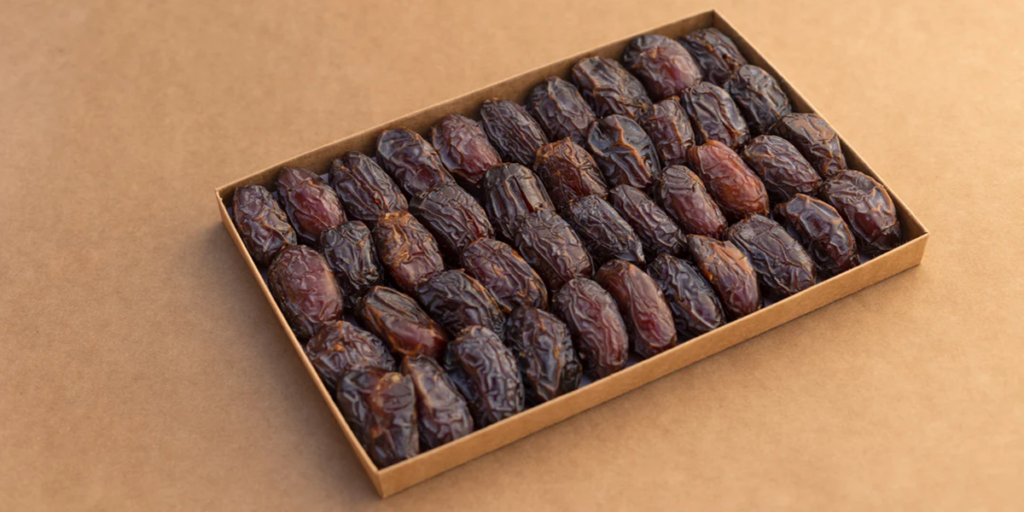
Natural Energy Boost: Which Date Fuels Your Day Better?
Dates are nature’s perfect energy boosters, packed with natural sugars, fiber, and essential minerals. They provide a quick yet sustained release of energy, making them a favorite among athletes, busy professionals, and fitness enthusiasts.
Medjool dates are particularly known for their instant energy boost. Their high glucose and fructose content makes them an ideal pre-workout snack. Unlike artificial energy bars, Medjool dates provide clean, natural energy without artificial additives.
Iranian dates also offer excellent energy benefits, especially semi-dry varieties like Piarom and Sayer. These dates contain slower-digesting carbohydrates, which maintain energy levels for a longer period. If you need long-lasting endurance, these are great options.
Mazafati dates, with their high moisture content, are hydrating and refreshing, making them a good choice during hot weather or intense physical activity. Meanwhile, Zahedi dates, being dry and rich in fiber, provide a more gradual energy release, preventing sugar crashes.
For athletes or those needing instant fuel, Medjool dates are the best pick. For sustained energy without spikes and crashes, Iranian dates like Piarom or Sayer are ideal. Regardless of the type, dates provide a natural way to stay energized, fight fatigue, and improve overall endurance.
Best Date for Heart Health and Diabetes Management
Dates are often thought of as high in sugar, but not all dates affect blood sugar in the same way. While Medjool dates have a higher glycemic index (GI) due to their high moisture and sugar content, some Iranian dates—particularly Piarom and Zahedi—are known for their lower GI and beneficial effects on blood sugar regulation.
Piarom dates contain resistant starch and polyphenols, which slow down sugar absorption and reduce post-meal blood sugar spikes. This makes them a better choice for people managing diabetes or insulin resistance.
Medjool dates, while sweeter, still have a moderate GI compared to processed sugars. When eaten in moderation, they provide natural sweetness without artificial additives. However, those looking for a more diabetes-friendly option should consider semi-dry Iranian dates like Piarom.
For heart health, dates provide potassium, magnesium, and antioxidants, which support blood pressure regulation and cardiovascular function. Medjool dates are particularly high in potassium, which helps control blood pressure. Iranian dates like Piarom and Sayer offer higher polyphenols and fiber, which reduce cholesterol levels and inflammation.
If you’re prioritizing blood sugar control, go for Piarom or Zahedi. If you need heart-healthy potassium, Medjool dates are excellent. Regardless, both date types contribute positively to cardiovascular wellness.
Iranian and Medjool Dates in Traditional and Modern Cuisine
Dates are deeply rooted in traditional cuisines, especially in Middle Eastern, North African, and Mediterranean diets. Iranian and Medjool dates are both used in various dishes, but their texture and moisture content determine how they are best utilized.
Medjool dates, with their soft, creamy texture, are often used fresh, in desserts, or as a natural sweetener. They blend well into smoothies, date syrups, and energy bars. In Moroccan cuisine, they are commonly paired with almonds, cinnamon, and citrus flavors in savory dishes.
Iranian dates, due to their diversity, have a wider range of applications. Mazafati dates are often enjoyed fresh, while Piarom and Sayer dates are used in baking, traditional Persian stews, and stuffing recipes. Zahedi dates, with their dry and firm texture, are ground into date powder or flour for baking.
In modern health-conscious diets, both Medjool and Iranian dates have become popular sugar alternatives. They can be used in vegan desserts, gluten-free baking, and energy-boosting snacks. Whether making a date paste for baking, stuffing them with nuts, or adding them to salads, these dates bring depth of flavor and natural sweetness to any dish.
Both types of dates have versatile culinary uses, but if you want soft, rich dates for fresh consumption, go for Medjool. If you prefer a variety of textures for cooking and baking, Iranian dates offer the most options.
The Perfect Date Depends on Your Needs
Iranian dates and Medjool dates each offer unique flavors, textures, and health benefits. If you prefer a soft, indulgent, caramel-like treat, Medjool dates are ideal. If you want a diverse range of textures and flavors, Iranian dates provide more options.
Both are excellent choices for a healthy diet, offering natural sweetness, fiber, and essential nutrients. Whichever you choose, dates are a delicious and nutrient-dense way to enhance your diet.

